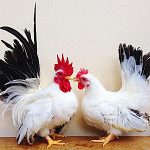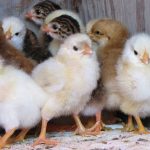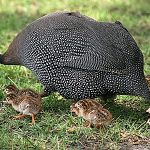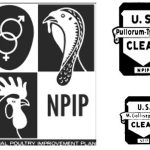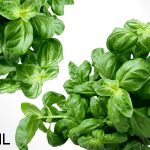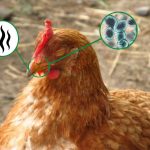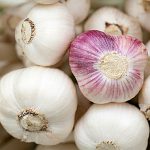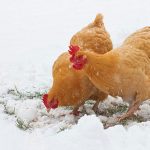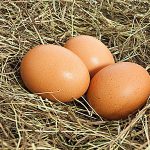
The final step of an egg’s formation inside a hen is the application of an invisible coating. We chicken keepers call it bloom, but technically it’s the cuticle. Bloom consists primarily of 80 to 95% proteins. It also contains polysaccharides (complex carbohydrates that dissolve into simple sugars) and lipids (insoluble oily or greasy compounds). Lubrication […]
Continue Reading
